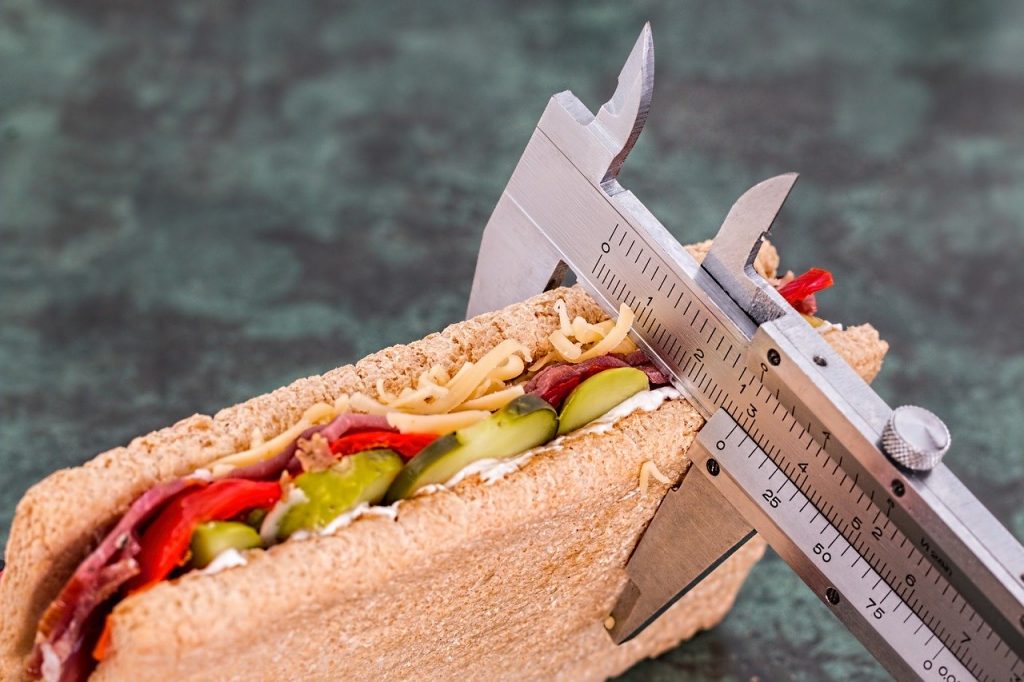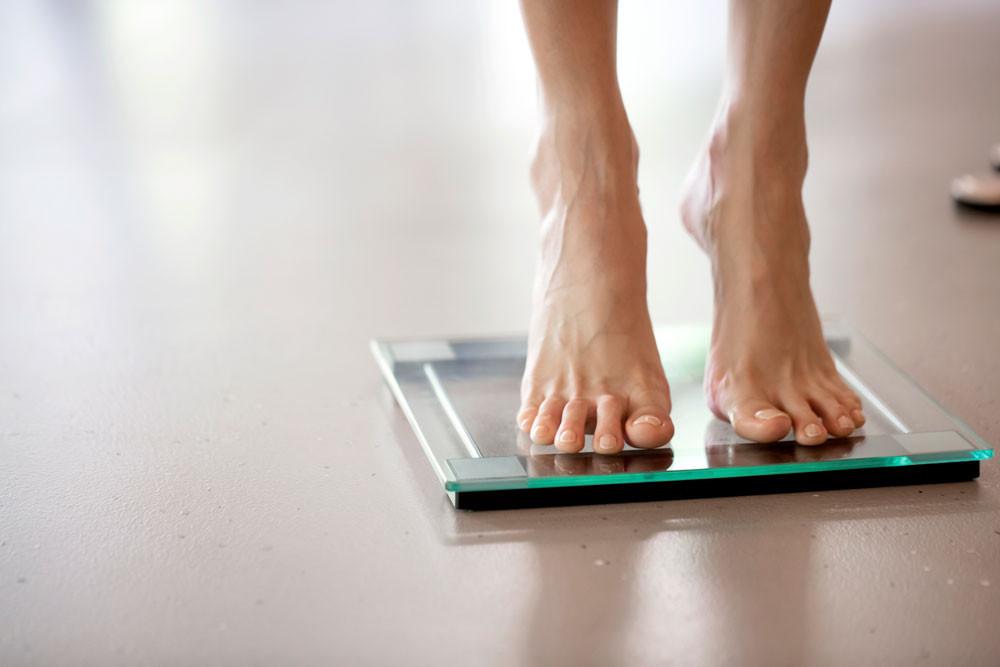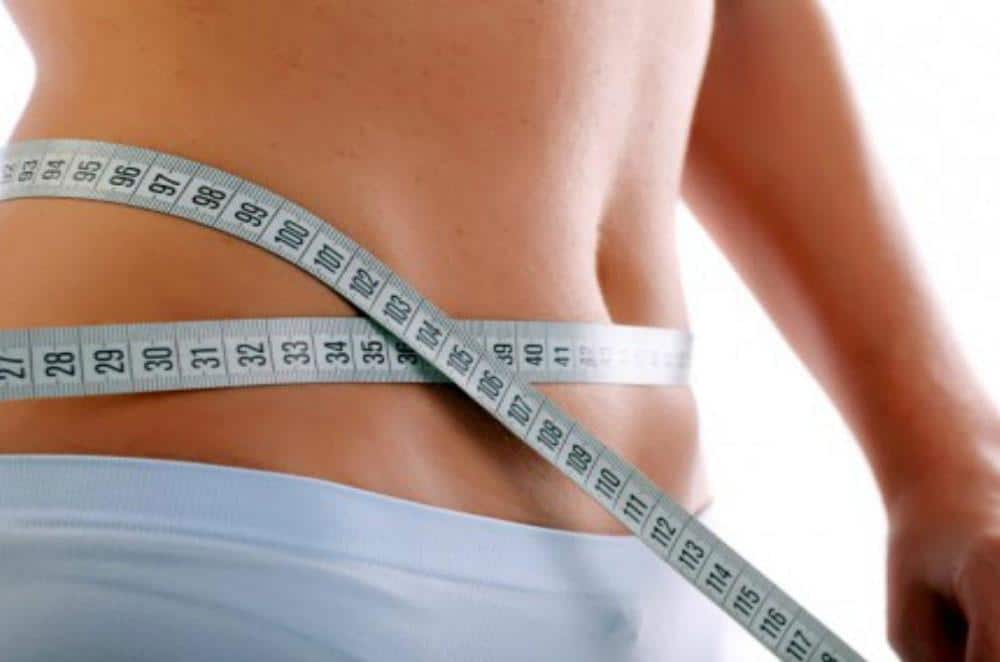When I was younger, wolfing down food at lunch so I could get back to my friends was always met with a “Slow down!” from Mom. I have to admit it–once again, she was onto something.
Eating too fast can make you overeat and gain weight, and it also may cause digestive troubles. Now, even the development of some metabolic conditions may involve eating too fast as a factor, as noted by Science Daily (https://www.sciencedaily.com/releases/2017/11/171114195050.htm).
Another study, in the Journal of the Academy of Nutrition and Dietetics, found that people took in fewer calories when they ate slowly during a meal (https://www.ncbi.nlm.nih.gov/pubmed/24215801). Eating slowly offers your body a lot of benefits, including the side effect of you eating less. When you eat more slowly, there are actual biochemical changes that take place in your body that make you less likely to overeat.
On top of all that, research across multiple sources shows that when you take more time to eat, the following benefits may apply.
• Longer chewing can help prevent diabetes.
• Longer chewing during lunch may lower your snack intake later.
• When you chew more, you receive more nutrients from your food.
• When you chew longer, your body produces higher levels of the hormones that tell your brain it’s time to stop eating.
• Eating slowly can decrease food intake overall and make you feel more satisfied with the meal.
When you eat until you are full, you increase your chance of becoming overweight. This is because when you are eating fast, your body just doesn’t have the time it needs to go through the signaling process between your gut and your brain. The loop of feedback and hormones between your brain and your gut are how you know your body has had enough, but your body needs time to go through the entire process.
It’s very common for people to chew and swallow without giving it a second through, almost like an unconscious reflex. But poor chewing does shortchange your nutrition, as digestion actually begins right in your mouth. The chewing process is a vital step in your digestive cycle as it makes it easier for you intestines to get nutrients from food particles as they go through.
Most studies in this area top out at around 40 chews for each bite, so instead of aiming for a magic chew number, try savoring your food more when you eat!




